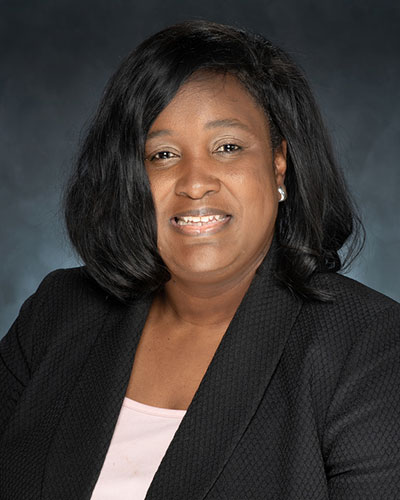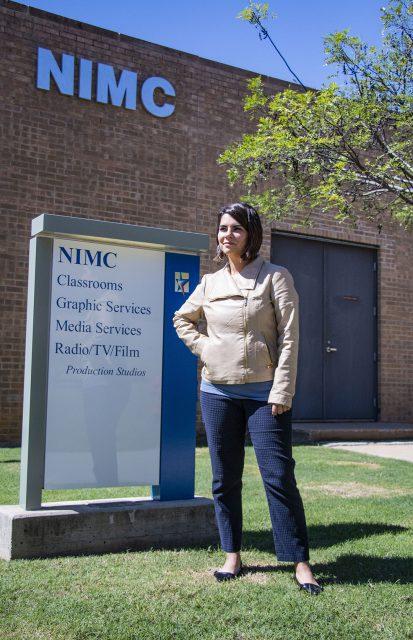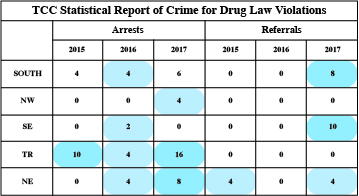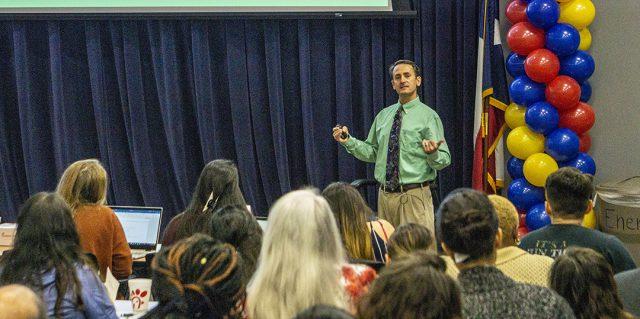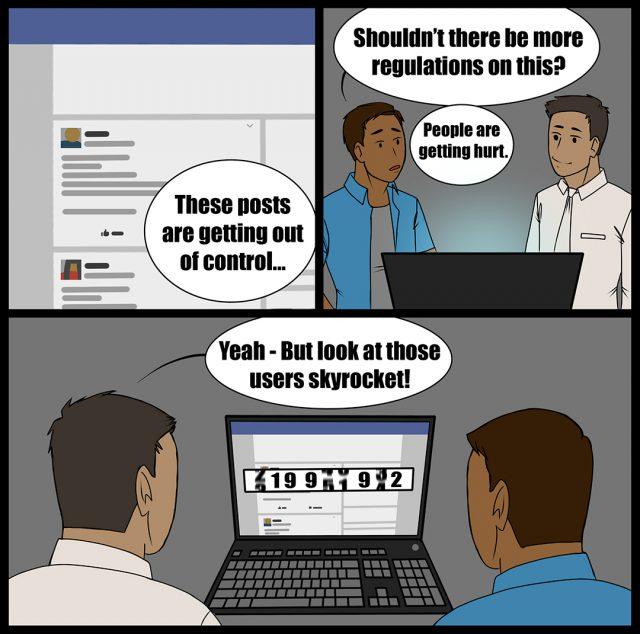By Michael Foster-Sanders/campus editor
Bill Cosby, a man who influenced generations through his philanthropic work and entertainment with programs like Fat Albert, The Cosby Show and A Different World, was sentenced for three to 10 years Sept. 25 after being convicted of drugging and sexually assaulting Andrea Constand.
When the allegations first emerged, I was in total disbelief as someone who looked up to Cosby. He was a self-made, charismatic and intelligent individual who rose through the ranks of the entertainment industry. He was not just a black comedian but one who broke through the glass ceiling so all comedians could be taken seriously in the business. He didn’t fit the profile of a sexual predator in my eyes.
Instead were images of Dr. Cliff Huxtable, his character from The Cosby Show, the father with the cool sweaters who showed America on prime-time television that successful middle-class black families existed outside the ghettos and inner cities of this country.
The characters didn’t shuck and jive, or resort to using forced catch phrases like the character J.J. from the ‘70s show Good Times saying “dynamite” to keep people interested while not relying on black tropes or stereotypes.
When I heard the deposition tape from his civil lawsuit, I was devastated. How could a man in his position let power corrupt him into violating Constand and allegedly other women? Also, why would he put himself in those situations to tarnish his legacy and embarrass his family?
From sports, reality shows to social media, droves of people look up to celebrities as their role models, investing time and energy into these figures to mimic their actions and even go as far to take their word as law. That’s a huge problem that needs to be addressed.
Instead of idolizing people, they should adopt those qualities that makes a person special to them and apply it to their own lives.
Hero worship can be a dangerous thing because a person can forget that who they’re looking up to is also a flawed human like them.



























